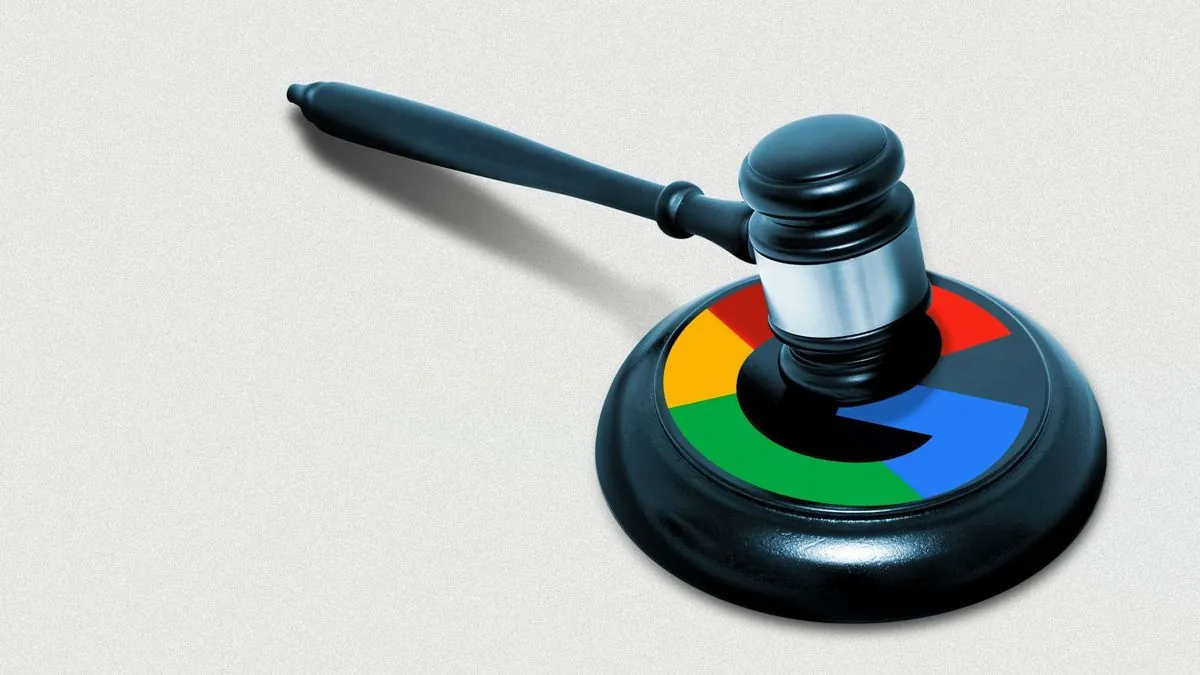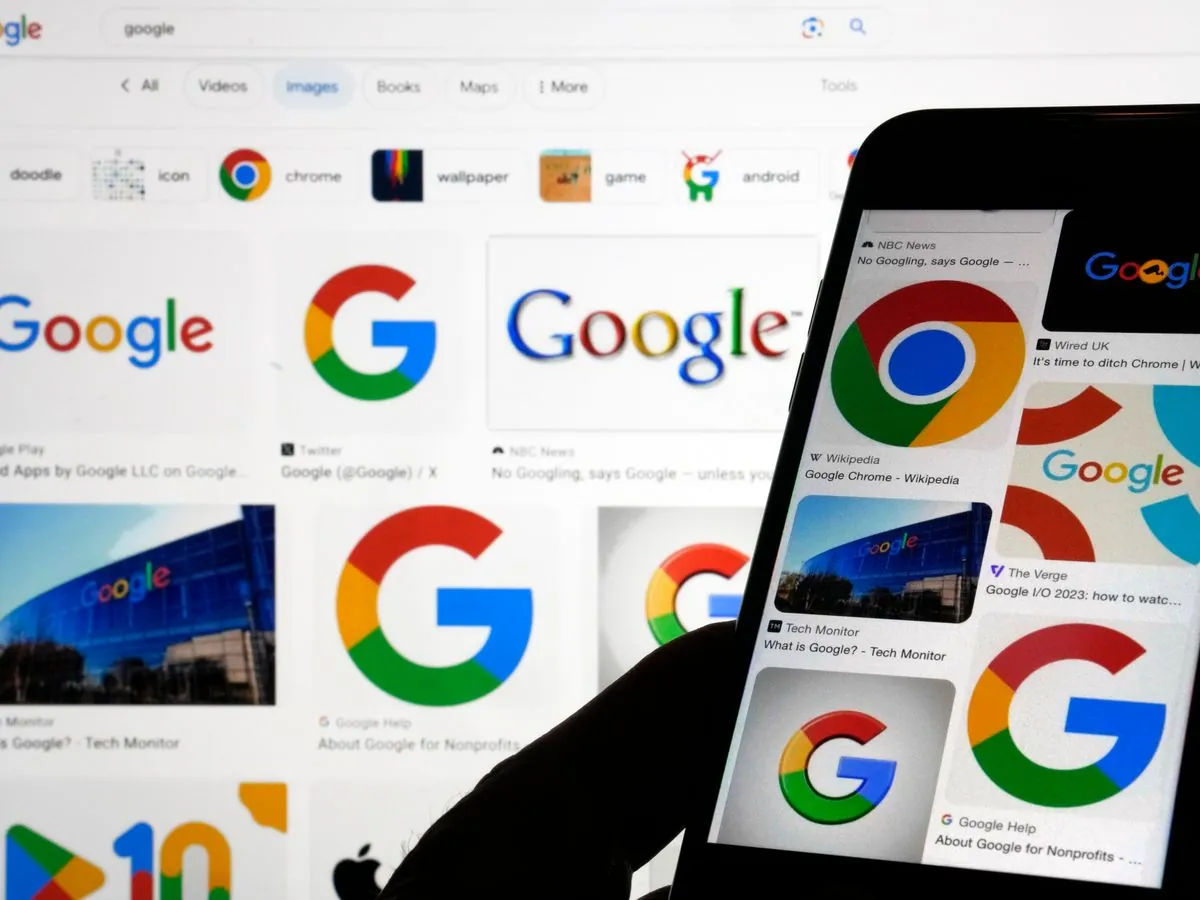Google's Antitrust Loss May Bolster Apple's Defense in Similar Case
A recent ruling in Google's antitrust case could benefit Apple's legal strategy. The decision, emphasizing companies' limited duty to assist competitors, may strengthen Apple's position in its own monopoly lawsuit.

A recent ruling in Google's antitrust case could unexpectedly benefit Apple, potentially strengthening the latter's defense in its own legal battle against monopoly accusations. On August 5, 2024, a federal judge largely sided with antitrust enforcers, declaring Google's search business an illegal monopoly. However, a specific aspect of the ruling may prove advantageous for Apple.
The judge dismissed a claim by several U.S. states regarding one of Google's advertising tools, emphasizing that companies rarely have a "duty to deal" with their rivals. This decision aligns with a long-standing Supreme Court precedent, which has been a cornerstone of antitrust law since the landmark case United States v. Terminal Railroad Association in 1912.
Herbert Hovenkamp, an antitrust expert at the University of Pennsylvania Carey Law School, noted, "Any case, including Apple's, where a duty to deal is a significant component, will be closely scrutinized." This statement underscores the potential implications for Apple's ongoing legal challenges.

The ruling's emphasis on companies not being required to accommodate competitors could prove crucial for Apple's defense strategy. Just a week prior to this decision, Apple requested a dismissal of its own antitrust case, arguing that placing reasonable limitations on third-party developers' access to its technology does not constitute anti-competitive behavior.
While the Google ruling might bolster Apple's legal position, it's important to note that the tech giant could still face significant financial repercussions. The judge in the Google case highlighted that the search engine paid $26.3 billion in 2021 alone to secure its position as the default search engine on various devices and browsers. This arrangement, which includes payments to Apple, could be jeopardized if the court bans such practices.
"It also is a reminder that the case is hardly finished."
Kovacic's statement serves as a cautionary note, emphasizing that these complex antitrust cases, along with their appeals, could span several years before reaching a final resolution.
The intricate nature of modern antitrust law, particularly in the tech sector, is further complicated by concepts such as network effects. This phenomenon, where a product or service becomes more valuable as more people use it, has been a key factor in the growth of tech giants like Google and Apple. The European Union's Digital Markets Act, implemented in 2022, represents one attempt to address these complexities in regulating big tech companies.
As the legal proceedings unfold, both Google and Apple find themselves at the center of a broader debate about competition in the digital age. The outcomes of these cases could have far-reaching implications for the tech industry, potentially reshaping the landscape of digital markets and the boundaries of corporate power in the 21st century.


































